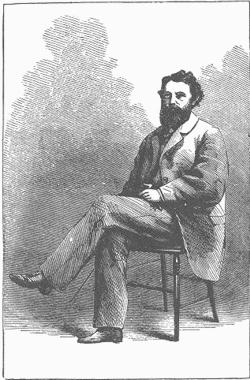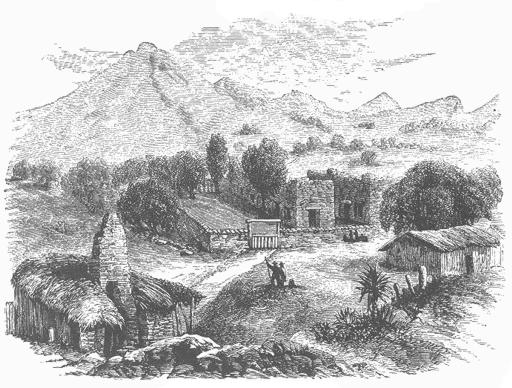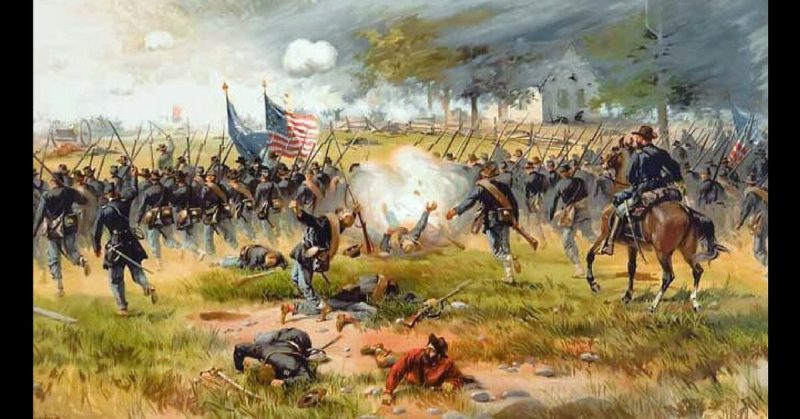Sylvester Mowry began life as a different sort of man entirely. He hailed from Rhode Island and graduated with the rank of lieutenant from West Point. It was after graduation that the grit of the Wild West entered his blood and took hold.
Mowry went with General George B. McClellan to the Pacific Northwest not long after his graduation from the academy in 1852. They were scouting for the Pacific Railroad.
He was then stationed at Fort Yuma which straddled the line between California and what would become Arizona. Mowry fell in love with the hills, the desert, and the potential the land had to make him rich. In 1856 he became a delegate in the drive to create the Arizona Territory.

When the bill did not pass, Mowry went back to work. He was involved in at least one duel, but it ended with apologies rather than death. At some point, he and fellow military man, James H. Carleton fell out.
In 1860 President James Buchanan commissioned him to establish a border between California and Nevada, but he was removed when politics got in the way. He resigned from the Army and bought a silver mine in Arizona changing its name to his own.

The town of Mowry grew up around his mine. It was a target for crime and was the site of a two victim ordeal called The Mowry Massacre. The mine he had purchased was on a sacred Apache site, resulting in violent relations between the miners, townspeople, and the Apache.
When the Civil War reached the area, Mowry’s old foe (and now general), Carleton confiscated the Mowry mine and arrested Mowry for treason. He was charged with selling the lead from his mine to the Confederacy, promoting the Confederate cause, and fortifying his town against the Union.
These allegations may have been true. Arizona had become a Confederate territory. Although Mowry was from the North and had Republican leanings, he was more interested in the fate of his new home and supported Arizona.
Mowry was acquitted, but he defended his actions after the verdict had already fallen in his favor. He argued that threats from the Apache were making the territory a war zone and that the white settlers of the frontier had a right to life, liberty, and the pursuit of happiness. If those men needed lead to secure their homes and families, then he was obligated to sell it to them – no matter who they supported in the war.
After his speech, he was released, but his lands had been confiscated. He could not return for several years by which time they were in ruins, and he was financially unable to save them.
Mowry did not lose popularity. He was elected to Congress yet again but declined to take his seat. Instead, he traveled to London to raise funds. Unfortunately, he died overseas and did not live to see the reopening of his mine.
Mowry is now an Arizona ghost town. Mowry, the man, is a popular Arizona legend.
